According to a report by the Stockholm International Peace Research Institute (SIPRI), for the first time in 25 years, India has surpassed Pakistan in the number of nuclear weapons.
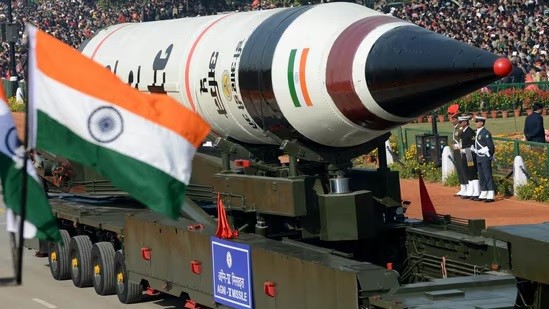 |
| India surpasses Pakistan in nuclear arsenal rankings. (Source: Hindustan Times) |
According to the report, published on June 16, by 2024, New Delhi will possess 172 nuclear warheads, two more than Islamabad. Pakistan has long been considered to have a much larger share of nuclear weapons than India, the Economic Times reported.
However, in this respect, China still dominates the Asian region with 500 nuclear warheads, a sharp increase compared to 410 in 2023.
Despite China's worrying increase in the number of nuclear weapons it possesses, analysis shows that the Asian powerhouse is still far behind the United States and Russia - the two countries that hold more than 90% of the world's total nuclear arsenal.
“India, while still considering Pakistan as the primary target of its nuclear deterrence efforts, has increased its focus on longer-range weapons, including those capable of reaching targets across China,” the report said.
Over the years, the world's nine nuclear-weapon states - the United States, Russia, Britain, France, China, India, Pakistan, North Korea and Israel - have continually updated their arsenals with modern technological advances.
SIPRI estimates that, of the 12,121 nuclear warheads worldwide, about 9,585 will be in storage as of January 2024. About 2,100 nuclear warheads will be loaded onto ballistic missiles in a state of high readiness.
A notable point in the 2024 SIPRI report is that these nine countries “continue to modernize their arsenals of this type, even having some weapon systems capable of carrying new-generation nuclear warheads or nuclear warheads in 2023”.
The SIPRI report called on world leaders to “step back and reflect”, amid worsening geopolitical relations around the world due to two major conflicts in Ukraine and the Gaza Strip.
“We have not seen nuclear weapons play such a prominent role in international relations since the Cold War,” said Wilfred Wan, director of the SIPRI Weapons of Mass Destruction Programme.
Meanwhile, SIPRI Director Dan Smith said the above "extremely worrying" trend is likely to continue and "may accelerate" in the coming years.
Source: https://baoquocte.vn/cuoc-dua-vu-khi-hat-nhan-an-do-lan-dau-vuot-pakistan-nuoc-nao-dan-dau-chau-a-275380.html






![[Photo] Overcoming all difficulties, speeding up construction progress of Hoa Binh Hydropower Plant Expansion Project](https://vstatic.vietnam.vn/vietnam/resource/IMAGE/2025/4/12/bff04b551e98484c84d74c8faa3526e0)

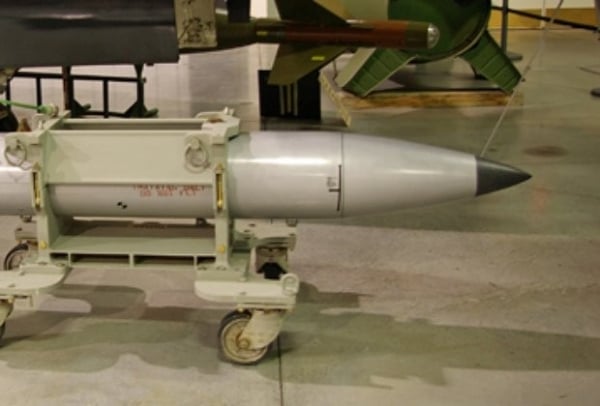

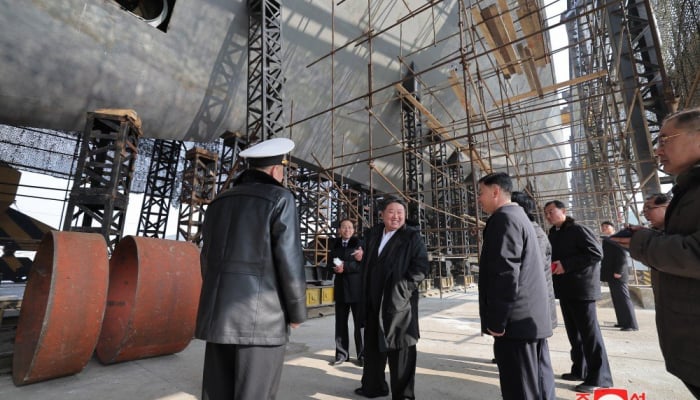

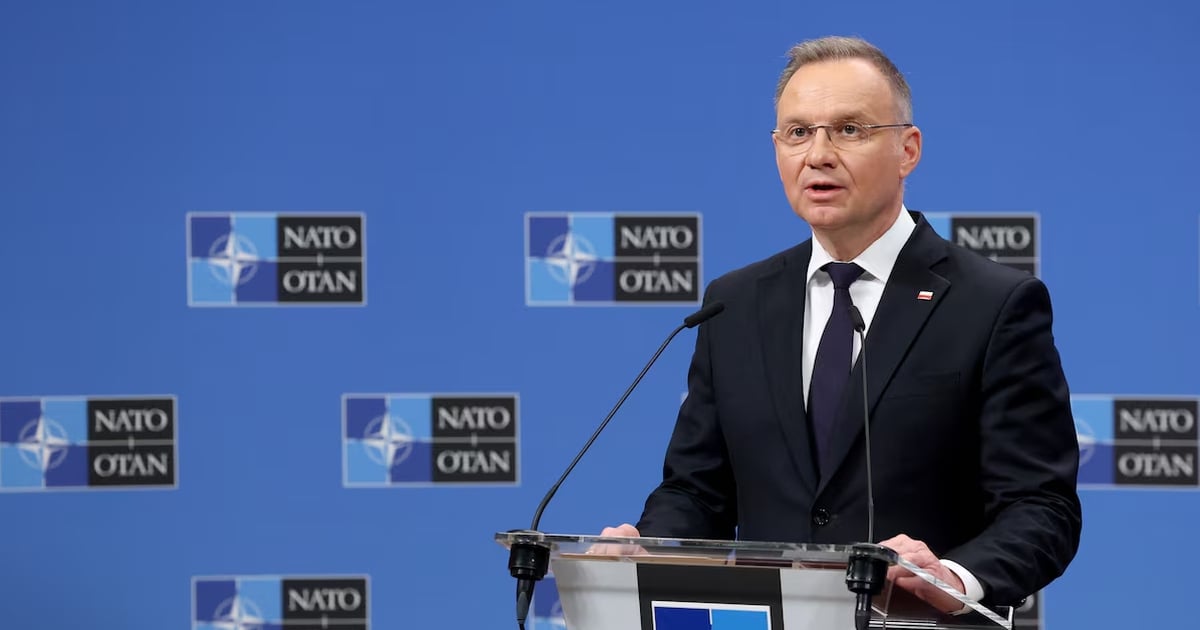


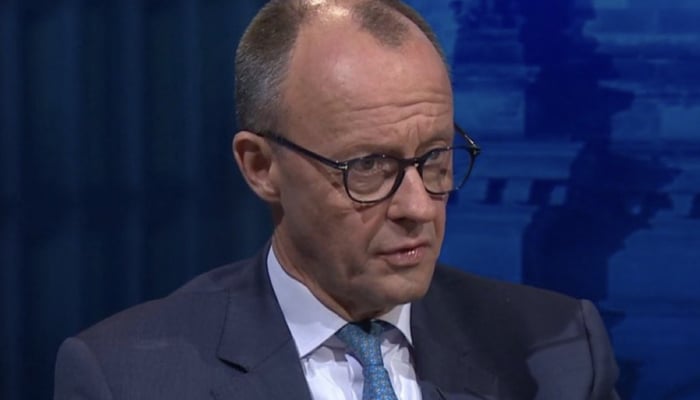









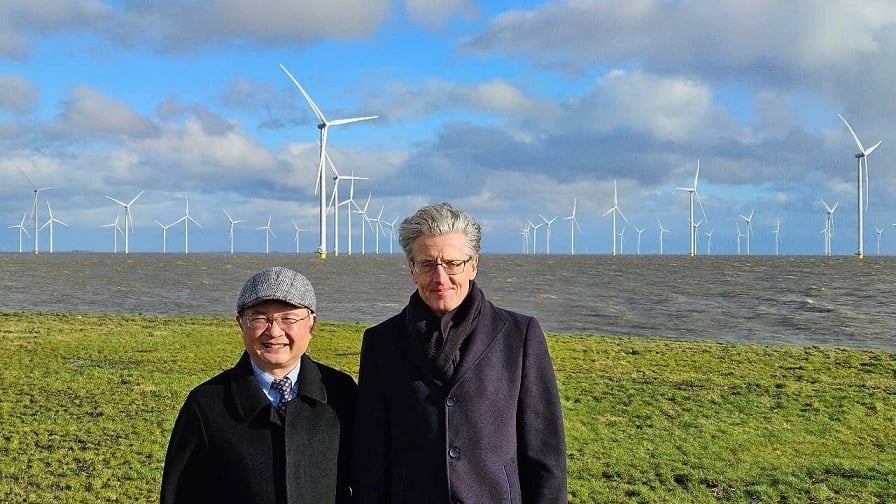








































































Comment (0)